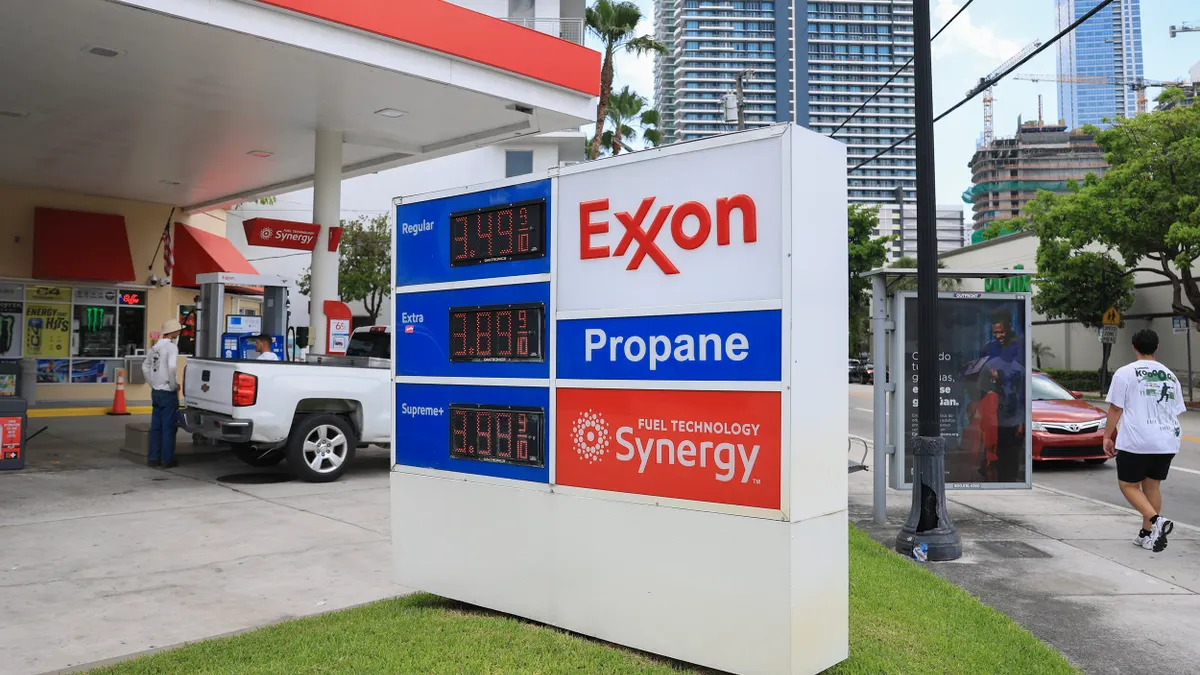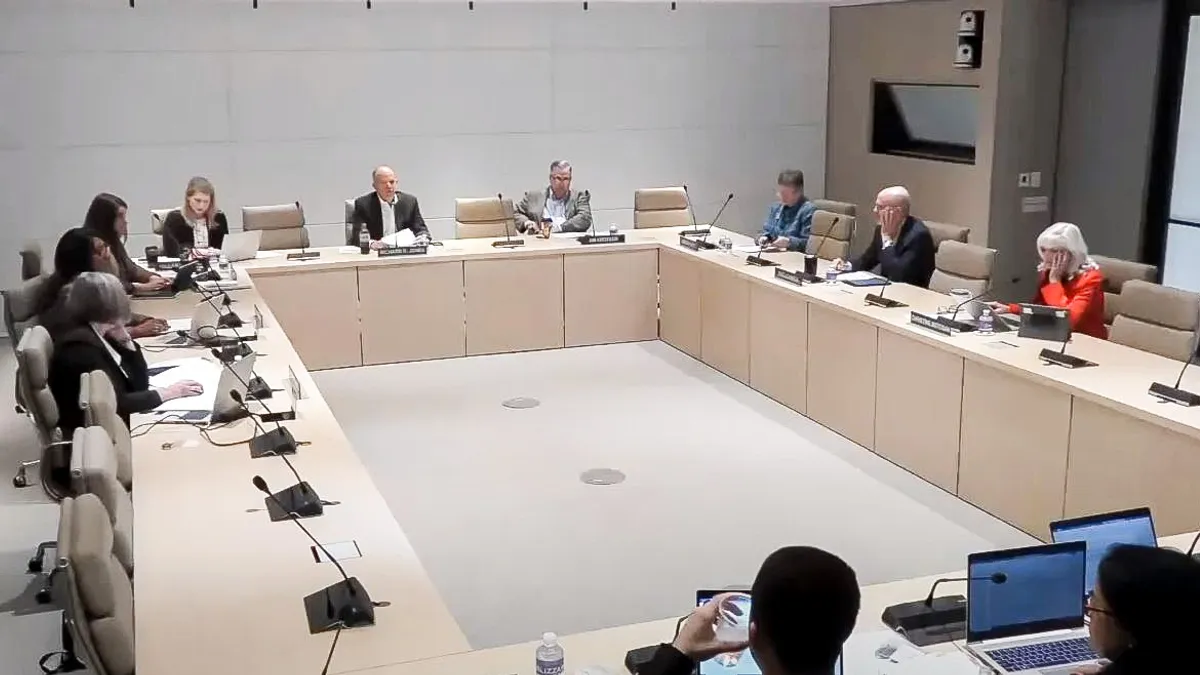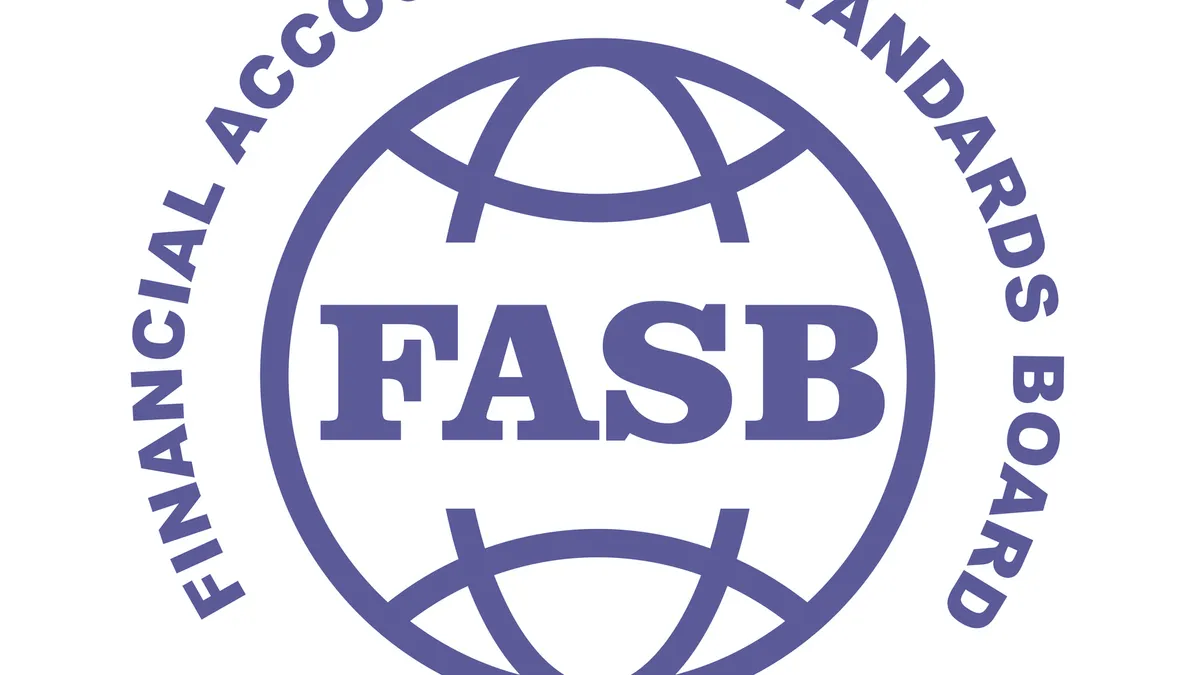In a large company, there's the potential for somebody to break securities laws. In fiscal year 2020, the Securities and Exchange Commission (SEC) took more than 700 enforcement actions against companies and brought a record $4.7 billion in judgments against them.
But if you are cooperative, the agency may reduce or eliminate your penalty. In early December, in the first enforcement action involving a company that misreported the impact of COVID-19 on its financials, the SEC fined The Cheesecake Factory for giving a misleading picture of its financial health in March and April.
The company said it was operating sustainably in its public financial disclosures while telling investors privately it was losing $6 million in cash a week and only had a few months of cash left. But the fine was a relatively modest $125,000. The reason: the company cooperated with the agency throughout the process.
"In determining to accept the Offer, the Commission considered the cooperation afforded the Commission staff," the SEC said in its enforcement order.
Leap of trust
Should you want to be helpful? The agency's cooperation credit can be an olive branch with thorns, enforcement specialists say.
"It's a leap of trust to invest resources in cooperating, which can be expensive," Dixie Johnson, a former chair of the American Bar Association Business Law Section, said.
With no guarantee of compensating benefits, Johnson said, some companies opt to do only the bare minimum: respond to document and testimony subpoenas, but otherwise maintain little contact with the agency.
Most companies, though, try to be more cooperative, Johnson said, if only to maintain a good relationship.
Stepped up efforts
With the agency now using data analytics to help it spot reporting irregularities, and looking more at how companies disclose performance-related indicators, CFOs are increasingly in the hot seat.
In September, the agency announced enforcement actions against two companies that, for the first time, came under what the SEC calls its EPS Initiative — a data analytics-driven approach to catching improperly recorded quarterly earnings per share.
Its scrutiny of performance indicators, which it has also stepped up, comes as companies increasingly use non-GAAP measures — and adjustments to how they calculate them — to show investors they're moving in the right direction even if they're not making any money.
"The SEC has brought enforcement actions against companies that have failed to disclose changes to calculation methodology," prompting the agency's focus on key performance indicators (KPI), Johnson said.
Cooperation credit
The SEC lists four factors for determining how much cooperation credit it gives to a company:
- Self-policing
How much does the company try to head off trouble before discovering misconduct? Has it established effective compliance procedures, and does it use an appropriate tone at the top?
- Self-reporting
Did it call out its own misconduct when discovered? Did it conduct a thorough review of the nature, extent, origins and consequences of the misconduct, and promptly, completely and effectively disclose the misconduct to the public? Did it disclose it to regulatory agencies and to self-regulatory organizations?
- Remediation
After a problem is found, did it dismiss or appropriately discipline wrongdoers? Did it modify and improve internal controls and procedures to prevent recurrence of the misconduct? Did it appropriately compensate those adversely affected?
- Cooperation
Did it try to work productively with law enforcement authorities, including providing SEC enforcement staff all information relevant to the underlying violations and the company's remedial efforts?
Improvements needed
Johnson and others say the SEC could do a better job linking cooperation with better outcomes for companies.
In an article she co-wrote for the Fall 2020 issue of the Business Law Section's journal, she and her co-authors suggest the SEC should make several changes to its policy on cooperation credit.
- Self-reporting
One would be to offer credit when a company attempted to self-report but was not the first to raise the conduct to the SEC. It would help if the SEC had more self-reporting programs, including those that contemplate true amnesty, which, they say, would facilitate significant cooperation efforts by regulated entities.
- Self-policing
They are also encouraging the SEC to provide improved clarity by improving how it notes self-policing efforts by entities as part of its description of cooperation factors considered in settlement.
- Remedial acts
Johnson and the other attorneys call on the SEC to continue including in their settlement documents detailed descriptions of remedial acts: detailed descriptions of how settling entities remediated after learning of misconduct.
This would help other companies understand and think about how to address misconduct fully and appropriately in particular situations.
In some settlement orders, the SEC doesn't mention that it considered the company's remedial efforts when accepting its offer of settlement, while in others, it included details on that. Consistency is needed.
- Benefits on offer
The SEC should fulfill a major omission by putting out guidance for the first time on tit-for-tat: exactly what tangible benefits a company will receive in return for the earned credit and how it will be determined.
Inconsistent approach
Nick Losurdo, who has served as SEC commissioner counsel, warns following the written rules to get cooperation credit sometimes won't be enough.
"As the chair, commissioners, and personnel in the enforcement division change, so can the agency's views on factors like cooperation credit," Losurdo, an attorney with the Goodwin law firm, said. "The facts and circumstances of most cases often are unique, so it's also important to keep in mind that the commission and staff are taking an idiosyncratic view for each case."
Because of the way different enforcement staffers apply the rules, cooperation and credit in one case might not translate to credit for cooperation under a different set of facts, he says.
Because of this inconsistency and lack of transparency in who gets credit and who doesn't, and how much credit is given, companies learn little from SEC enforcement actions.
The Cheesecake Factory order is a case in point. Aside from saying the company's fine reflects its cooperation, nothing in the order explains the cooperation, or how it lessened the penalty.
Especially for CFOs, who, at a minimum, are witnesses in cases of wrongdoing and, sometimes, ultimately respondents or defendants, the lack of guidance can be a problem. In any case, says Johnson, CFOs should make sure they're at least doing the minimum of what the SEC expects.
"If a direct conversation with the SEC staff is requested, it makes sense to consider whether to retain experienced personal counsel, at least for consultation and support, if not more," she said.




















